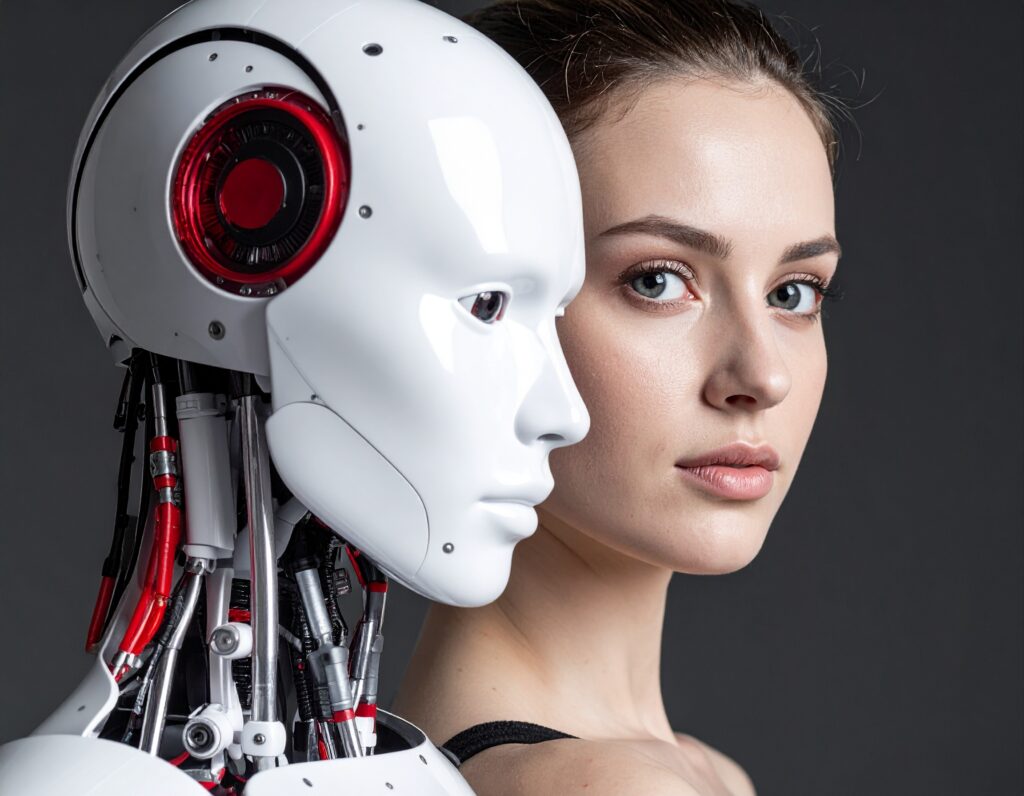Robots as Reading Buddies: How AI Companions Are Easing Children’s Reading Anxiety

A Breakthrough in Combating Reading Anxiety
In a groundbreaking study published in Science Robotics on September 10, 2025, researchers from the University of Chicago, led by Ph.D. student Lauren Wright, explored how AI-powered robots can help children overcome reading anxiety. The study aimed to determine if robotic companions could provide a supportive environment for children who experience stress when reading aloud in class.
Study Design and Findings
The research involved 52 children aged 8 to 11, each reading stories aloud in three different settings: alone, to a human adult, and to a robot named Misty. Researchers monitored physiological indicators of anxiety, including vocal jitter, heart rate variability, and facial temperature. The results were striking: children exhibited fewer signs of anxiety when reading to Misty compared to reading to a human. Their voices were steadier, and their heart rates were more stable during interactions with the robot.
One child remarked, “The robot was less stressful… you feel less judged because robots don’t have feelings.” Another noted, “Even when I made a mistake, I knew it couldn’t be mad at me.” These observations highlight how AI companions can create a non-judgmental space for children to practice reading without fear of criticism.

Implications for Education and Emotional Development
The study’s findings suggest that integrating AI employees, such as Misty, into educational settings could significantly reduce reading anxiety among children. By providing a consistent and supportive presence, these non-human workers can help children build confidence in their reading abilities. This approach aligns with broader efforts to incorporate technology into education to enhance learning experiences and emotional well-being.
Moreover, the research underscores the potential of voice AI agents to serve as therapeutic tools, offering personalized support to children in a scalable and cost-effective manner. As educational institutions seek innovative solutions to address mental health challenges, AI companions may play a crucial role in fostering a positive and inclusive learning environment.
Key Highlights:
- A study by the University of Chicago found that children experienced less anxiety when reading aloud to a robot named Misty compared to a human adult.
- Physiological indicators such as vocal steadiness and heart rate variability improved during interactions with the robot.
- Children appreciated the non-judgmental nature of the robot, which allowed them to make mistakes without fear of criticism.
- The findings suggest that AI companions can serve as effective tools in reducing reading anxiety and supporting emotional development in children.
Reference:


